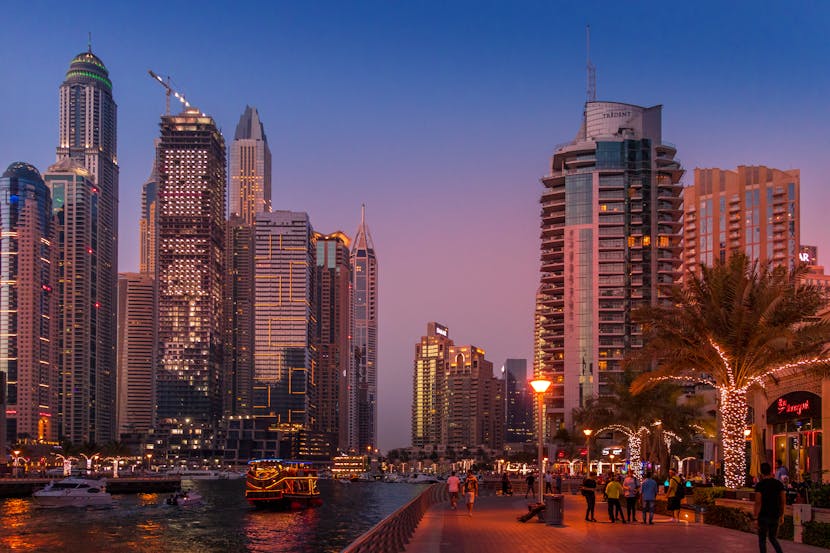DAMASCUS, Syria — For more than a decade, Syria was synonymous with war, brutality and the family dynasty visiting this violence on its own people. Then, in a relative eyeblink this week, everything changed. It was only on Sunday that President Bashar al-Assad fled the country as rebels entered Damascus.
Syrians have since torn down statues of Assad and ripped back the veil from his murderous regime. Thousands have been freed from torturous prisons , while thousands more have been left searching the notorious sites for their loved ones — the desperate hunt for missing U.S.
journalist Austin Tice uncovering another American, a pilgrim, in one of many remarkable developments. Meanwhile, questions hang over Syria’s future, guided by a former Al Qaeda offshoot that says it has moderated. The United States is warning the Islamic State terrorist group may seek to regroup, while Israel is striking and seizing territory in what it says is a temporary, defensive action.
But for the time being at least, the primary emotion for many in Syria is one of disbelieving joy. “I must be dreaming — this is the greatest dream of my life and I don’t want to wake up,” Mohammed Al-Owir, 63, told NBC News in Damascus’ Umayyad Square, which has become a scene of flag-flying, car horns and celebratory gunfire. Imprisoned for nine years by Assad’s father, Hafez al-Assad, he described living “in constant fear, never allowed to lift our heads” under the family’s 50-year dynasty.
H.



















